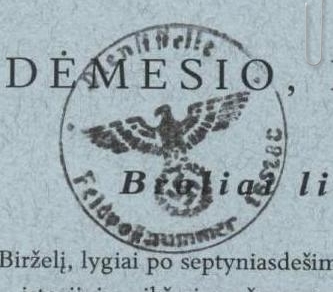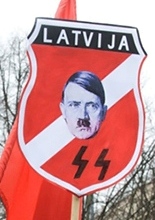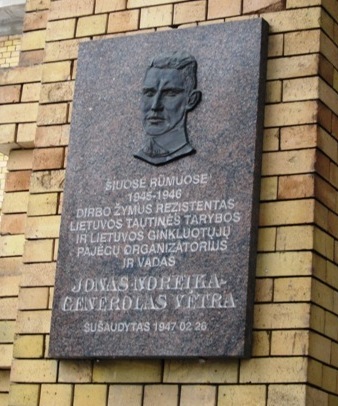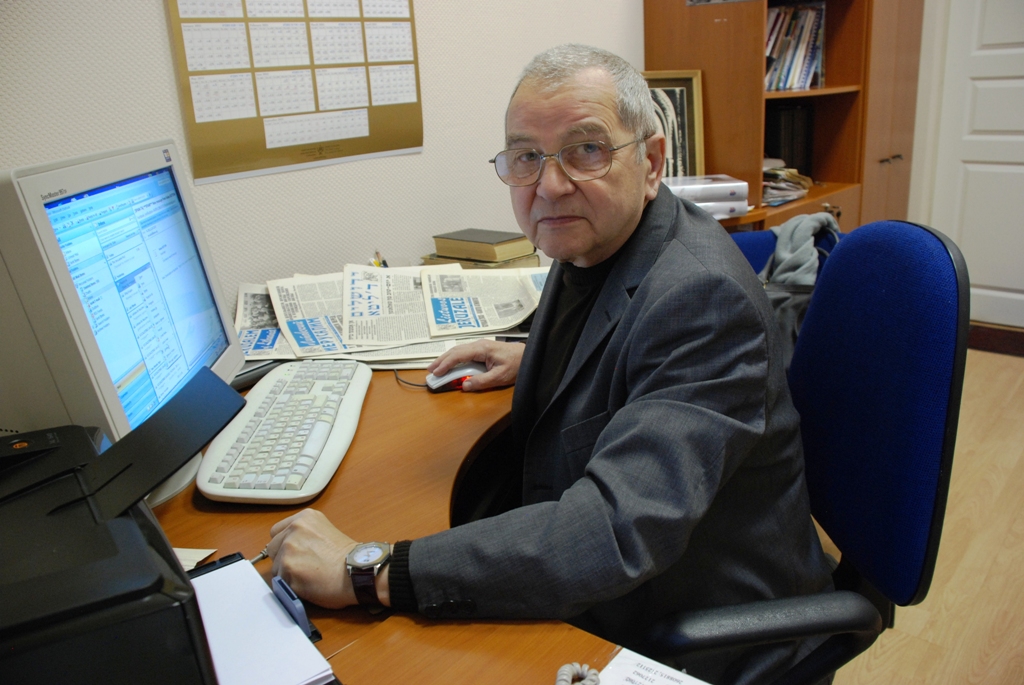O P I N I O N
by Evaldas Balčiūnas
I will begin with a recent document I found while collecting information about the Lithuanian Freedom Army (LFA), an organization formed during World War II which present-day historians are attempting to portray as an organizer of the anti-Nazi and anti-Soviet resistance in Lithuania.
On 31 October 2002, President Valdas Adamkus issued decree no. 1965 titled “On Promoting Volunteer Soldiers to the Rank of Colonel” which gave the rank of colonel to three “members of the armed resistance: volunteer soldiers and soldiers of Lithuania’s pre-war military,” namely, Tauras military district chief Antanas Baltūsis-Žvejas (posthumously); Vytautas military district chief Vincas Kaulinis-Miškinis (posthumously); and Vytis military district chief Jonas Krištaponis (also posthumously). Five years later the president noticed he had made a mistake regarding one surname and on 5 January 2007, issued decree no. 1K-849 to correct the mistake, replacing Jonas Krištaponis with Juozas Krikštaponis (aka Krištaponis).
Regarding the anti-Soviet resistance, there really isn’t any argument: most of the LFA fighters heroically fought against the occupiers and died in that struggle.
Regarding the anti-Nazi resistance, however, many doubts are raised. These doubts arise because of the LFA’s position on the mass murder of Jews.




